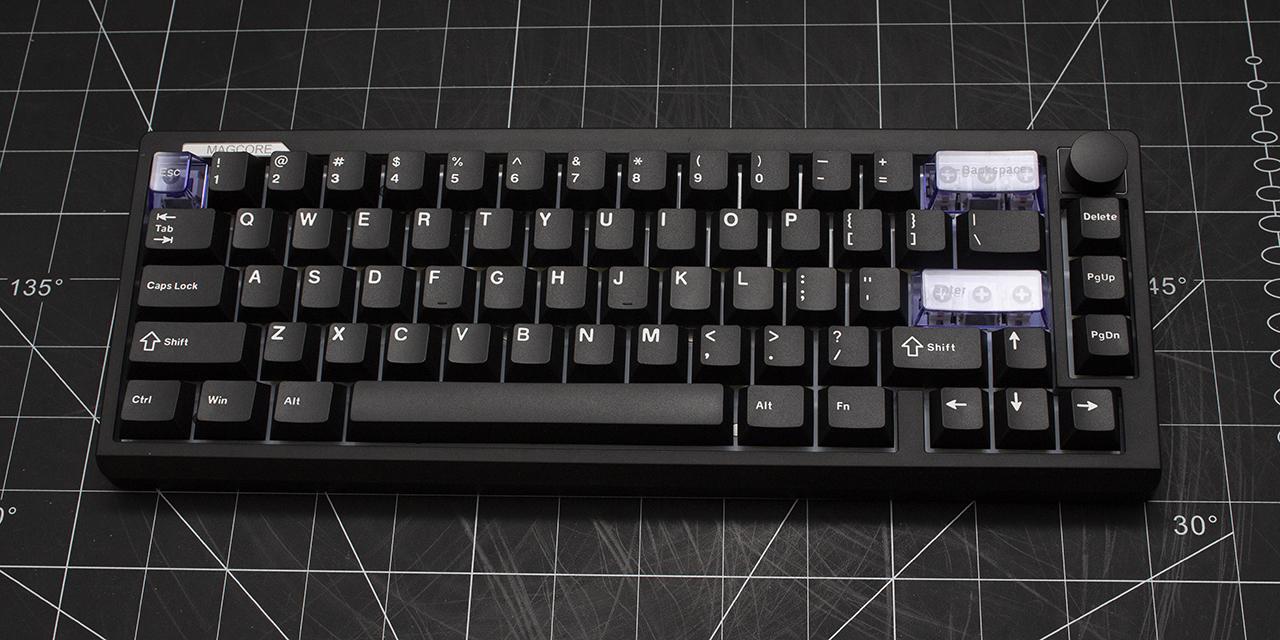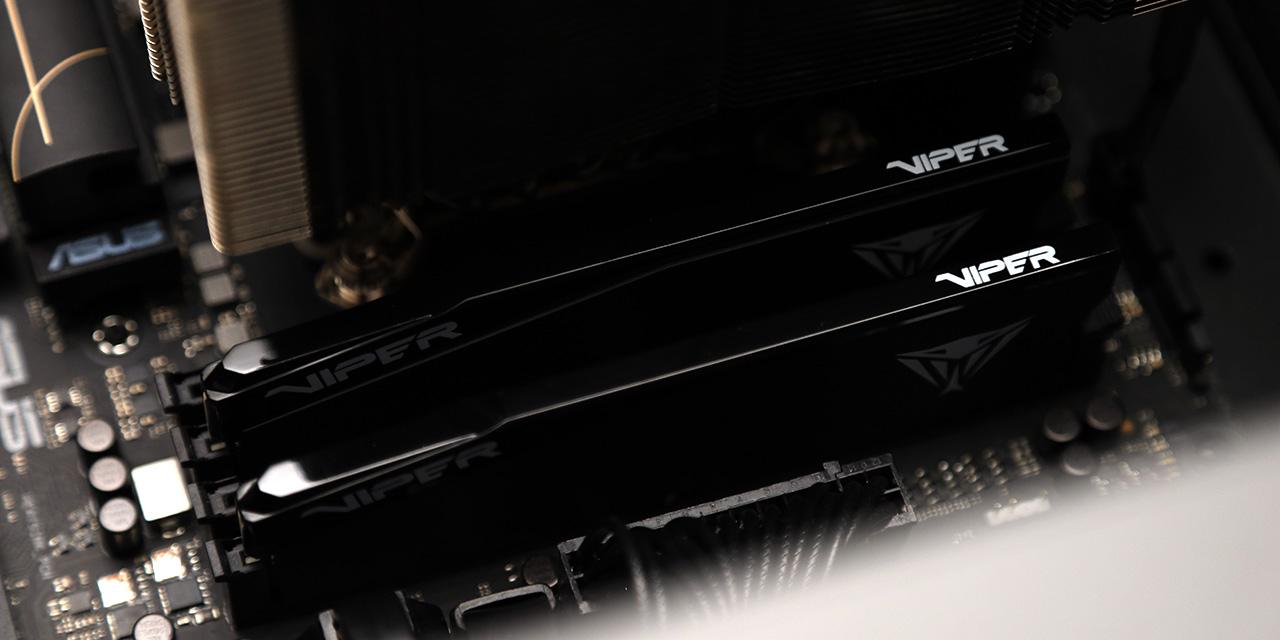|
From X-bit Labs: Globalfoundries, the contract maker of semiconductors controlled by Advanced Technology Investment Company and Advanced Micro Devices, said that it would develop 20nm process technology, along with 22nm fabrication process. Besides, the company indicated that the so-called half-node process technologies would continue to exist, despite of the recent trends. Recently Taiwan Semiconductor Manufacturing Company announced plans to skip 22nm process technology and to move straight to 20nm instead. In addition, both leading contract makers of semiconductors – Globalfoundries and TSMC – decided to skip 32nm bulk process technologies. While Globalfoundries has done this because of certain business reasons, TSMC had too many problems with 40nm to use the same materials and design with 32nm. Previously, almost everyone in the foundry industry have introduced so-called half-node processes, e.g. 55nm, which was a derivative of the 65nm. Although these practices show that full-node processes are losing importance, Globalfoundries claims that going forward both half-node and full-node process technologies will co-exist. For Globalfoundries there are two businesses: manufacturing of AMD’s leading-edge microprocessors and production of more simplistic chips, hence, the company by definition has to invest into a number of process technologies. “We are investing in both the 22nm and 20nm nodes. While half-nodes are certainly becoming an increasing trend there is still high-volume segments like the microprocessor business that require full node transitions,” said Jon Carvill, the director of corporate communications at Globalfoundries. In theory, it is logical to assume that transition from 28nm to 22nm process technology will make less economic sense than transition from 40nm to 28nm. However, jumping directly from 28nm to 20nm essentially kills 16nm fabrication process. Not that simple, says Globalfoundries. View: Article @ Source Site |
 |
Globalfoundries Develops 20nm Process Technology
© Since 2005 APH Networks Inc. All trademarks mentioned are the property of their respective owners.





